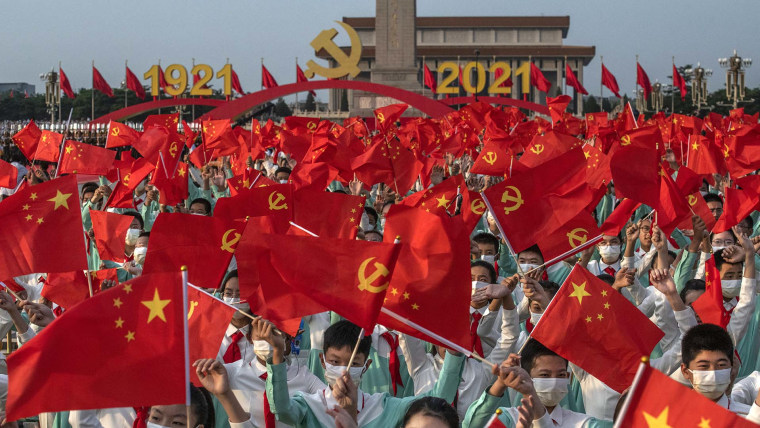China’s ByteDance aims for Hong Kong IPO despite tech crackdown
ByteDance updates
Sign up to myFT Daily Digest to be the first to know about ByteDance news.
ByteDance, the owner of short-video app TikTok, has revived a plan to go public despite a widening regulatory assault targeting Chinese technology companies, aiming for a Hong Kong listing by early next year.
The Chinese group, which raised about $5bn in December at a $180bn valuation, is planning to list in either the fourth quarter of this year or early 2022, said three people with knowledge of the company’s plans.
After postponing its overseas listing this year, ByteDance has spent the past few months addressing Chinese regulators’ data security concerns, one of the people said, including providing more detail to authorities on how it stores and manages consumer information.
“We are expecting final guidance from ByteDance in September. They are submitting all the filings with Chinese authorities right now and are going through the review process,” the person added. ByteDance declined to comment.
ByteDance, whose video app TikTok is incredibly popular in the west, shelved its plan to list overseas, most likely in the US, this year after Beijing widened a months-long crackdown on the country’s largest tech groups for alleged violations of data security and monopoly laws.
Chinese officials have vowed stricter oversight of overseas listings as part of the government’s focus on national security.
ByteDance’s decision to pause its initial public offering bought it more goodwill than Didi Chuxing, the Chinese ride-hailing app, which pressed ahead with a $4.4bn New York listing in June despite the country’s internet regulator raising concerns about its data security practices, one of the people added.
The Cybersecurity Administration of China announced an investigation into Didi almost immediately after its IPO, while its main app was ordered to be removed from Chinese app stores.
The regulator then released rules that require any company with more than 1m users to pass a data security review before being approved for an overseas listing to ensure that sensitive user information cannot be obtained by foreign regulators.
ByteDance was “in similar meetings as…




